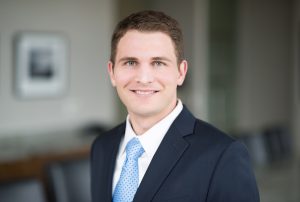FACEBOOK, INC., V. WINDY CITY INNOVATIONS LLC
Before Prost, Plager, and O’Malley. Appeal from the Patent Trial and Appeal Board.
Summary: An IPR petitioner may not join itself to an earlier IPR in which it was already a party, and may not add new claims or issues to the earlier IPR through such joinder.
Windy City filed a complaint against Facebook for infringement of three patents. Facebook timely petitioned for inter partes review of several claims of each of those patents. When Facebook filed its IPR petitions, Windy City had not yet identified the claims that it accused Facebook of infringing. By the time Windy City identified the asserted claims, the one-year time bar of 35 U.S.C. § 315(b) for seeking IPR had lapsed. Facebook then prepared two additional IPR petitions challenging the specific claims that Windy City asserted in the infringement case, and filed a motion asking the Board to join each new IPR petition to the previously instituted IPR on the same patent under § 315(c). Although the additional petitions would have otherwise been time-barred under § 315(b), the Board granted the motions for joinder and allowed the new claims into the existing proceedings. In its final written decisions, the Board cancelled some of the claims that Facebook challenged in its later petitions.
On appeal, the Federal Circuit held that the Board erred in (1) allowing Facebook to join itself to its own prior IPRs and (2) joining challenges to additional patent claims. As the Federal Circuit explained, § 315(c) authorizes the USPTO to join a person as a party to an existing proceeding, not to join two separate proceedings. The “clear and unambiguous text of § 315(c) does not authorize same-party joinder, and does not authorize the joinder of new issues.” Thus, the Federal Circuit reversed the part of the Board’s final written decisions that cancelled claims raised in the improperly joined petitions.
Editor: Paul Stewart
